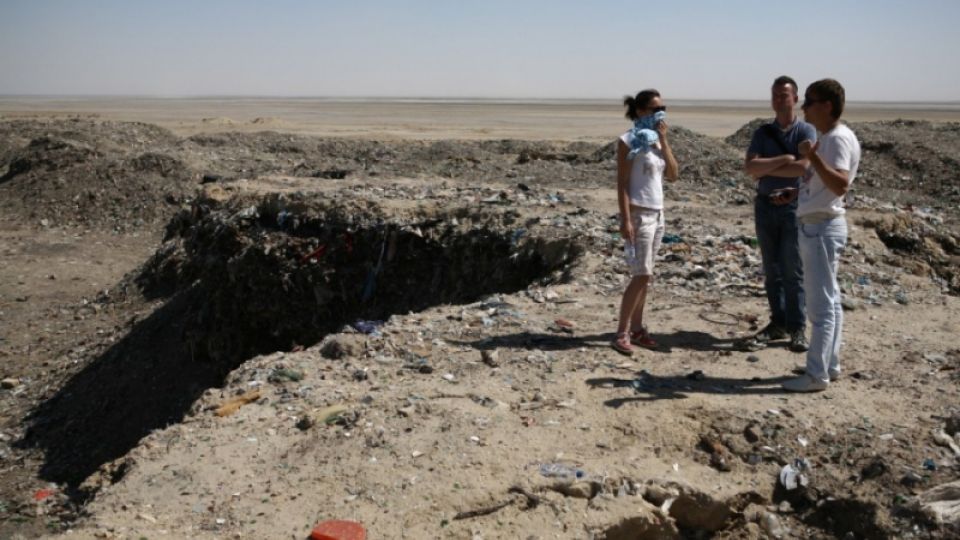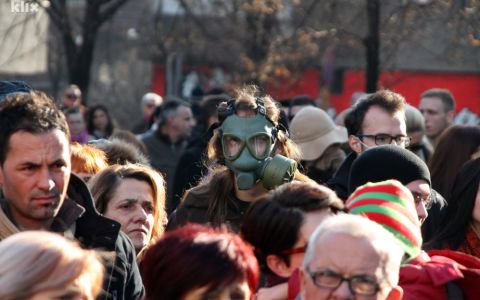Heated debates about the extent to which the people will be able to participate in deciding on the authorisation of buildings and projects that affect their quality of life are currently happening not only in Czech Republic. Kazakhstan has similar issues. Czech non-governmental organisation Arnika, is starting a three-year project there. The aim is to help local people to actively participate in the decision-making processes in their homes, find sites contaminated by industrial pollution or endangered parts of the environment, and facilitate obtaining information about the environment. Examples of specific cases from the Czech Republic will also help illustrate.
Partner organisations of the international development cooperation are the organizations Eco Mangystau, EcoMuseum, and the Center for Introduction of New Environmentally Safe Technologies (CINEST) from Kazakhstan. The main focus of the specialists will be semi-arid province of Mangystau on the shores of the Caspian Sea.
"Public participation in the decision-making process not only helps build mutual trust between the people, state offices, and investors, but in many cases, prevents threats to human health and to wildlife. Kazakhstan ratified the so-called Aarhus Convention in 2000 which guarantees citizens the right to information and participation in decision-making processes. I believe, that Arnika's rich experience can contribute to solutions and to solve some ecological problems of western Kazakhstan," says project coordinator for the Czech non-governmental organisation Arnika, Martin Skalský.
As an example of good practice will provide a number of cases as examples when people in the Czech Republic stood up for their rights thanks to participation in administrative proceedings and process of environmental impact assessment of project to prevent threats to health and the environment. Videos about these cases are available at: http://arnika.org/video-ucast-verejnosti
"The European Union has environmentally friendly technologies, offers a number of examples of good practice, and requires member states to apply strict standards. This combination will be an inspiration for us in finding ways to deal with threats in the environment of our province," said the regional project coordinator in Kazakhstan for the organization, Kirill Osin, from Eco Mangystau.
Arnika with Kazakhstan partners will also provide the local organisations with small grants of up to three thousand euros for projects which will help local people deal with specific active issues. Grants should, in particular, help people gain better access to information, enable them to engage in the decision-making processes, protect themselves from pollution and other negative effects of industrial projects. As a apart of the project, Arnika together with local partners, will hold training seminars, analyse the legislation, and propose specific positive changes.
The total amount of 16,000 euros is prepared for the small grants. The project bears the official name "Promotion of the rights of citizens public participation decision-making about environmental issues - the practical implementation of the Aarhus Convention in Mangystau." It is generally aimed at the strengthening of civil society by improving the living conditions of residents in the area of the entire Mangystau province of Kazakhstan. Funding for project in the amount of 336,120 euros was provided by the European Union.







